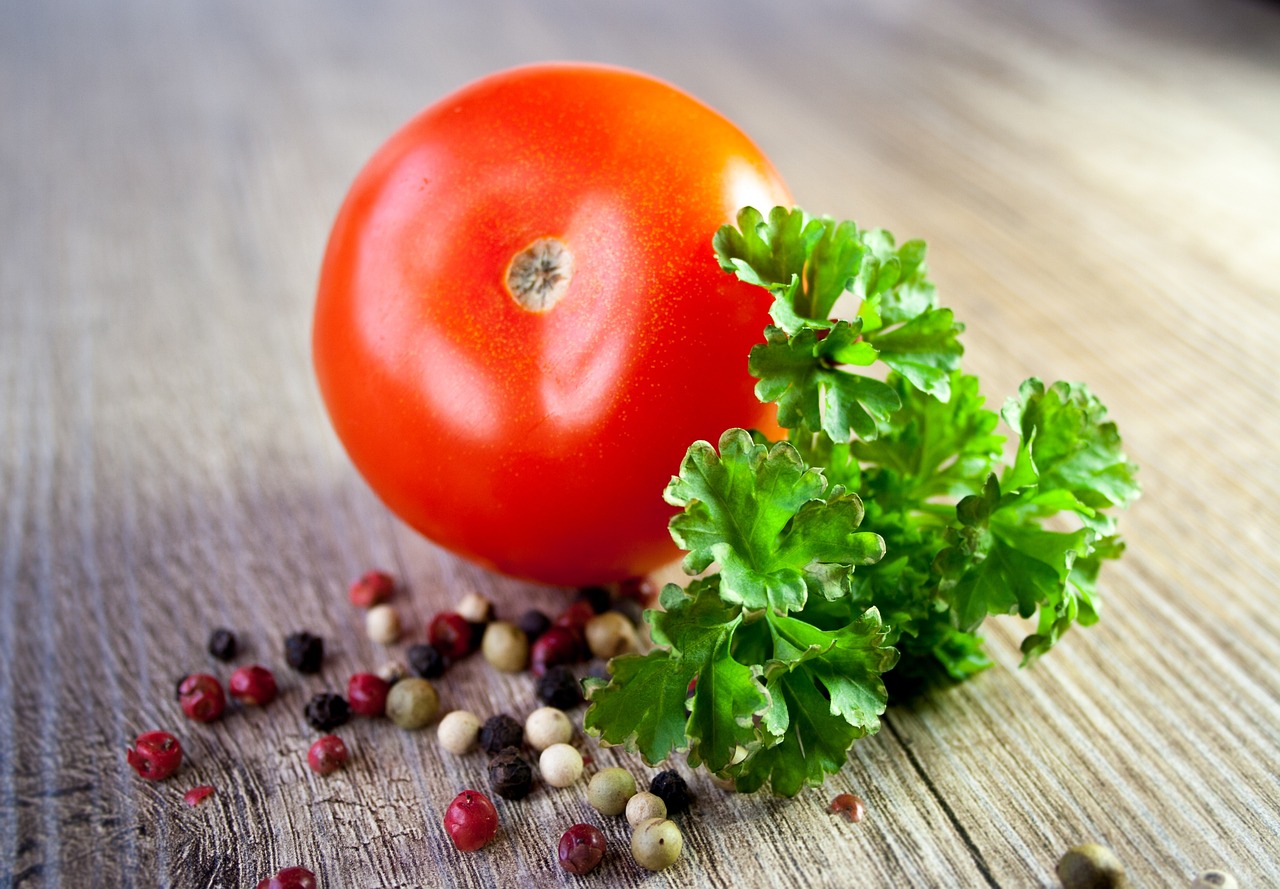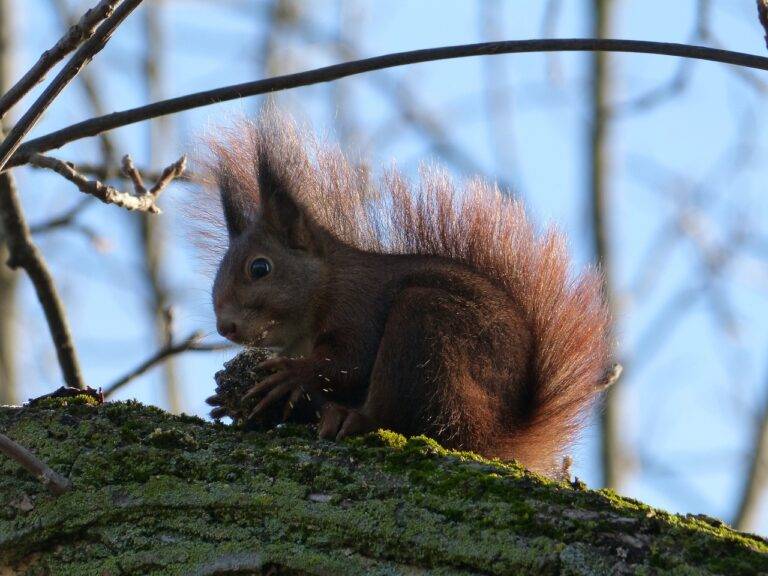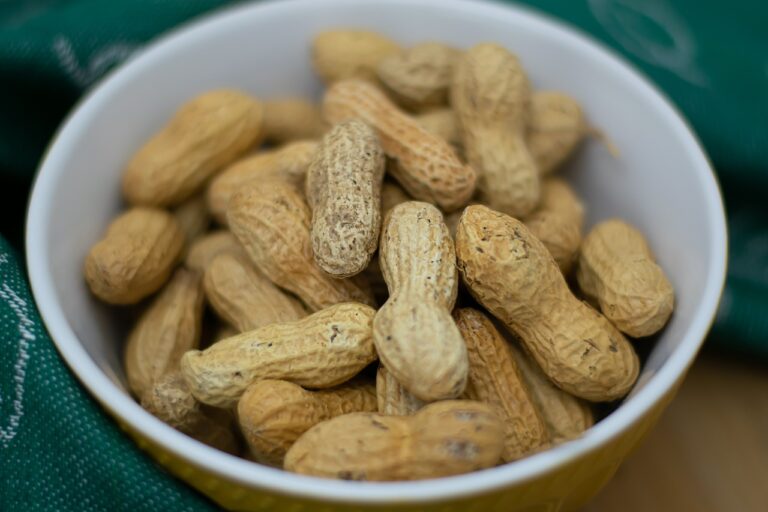Food Industry’s Role in Biodiversity Conservation and Ecosystem Preservation
Biodiversity in ecosystems plays a vital role in sustaining life on Earth as it encompasses the variety of species, genes, and ecosystems. This diversity ensures ecological resilience by providing different species with unique traits that enable them to adapt to environmental changes. Each species in an ecosystem plays a specific role, contributing to functions such as nutrient cycling, pollination, and pest control, which are essential for ecosystem functioning and human well-being.
Furthermore, biodiversity enhances ecosystem productivity and stability, as different species utilize resources in various ways, reducing competition and promoting cooperation within the ecosystem. High biodiversity levels also tend to increase the resistance of ecosystems to disturbances, such as extreme weather events or invasive species, thus safeguarding the overall health and functioning of the environment. Ultimately, the significance of biodiversity in ecosystems is evident in its profound impact on the health and sustainability of our planet.
• Biodiversity ensures ecological resilience by providing different species with unique traits
• Each species in an ecosystem plays a specific role contributing to functions such as nutrient cycling, pollination, and pest control
• Biodiversity enhances ecosystem productivity and stability by reducing competition and promoting cooperation within the ecosystem
• High biodiversity levels increase the resistance of ecosystems to disturbances such as extreme weather events or invasive species.
Challenges Facing Biodiversity Conservation
Biodiversity conservation faces numerous challenges in today’s world. One of the primary hurdles is habitat destruction due to human activities such as deforestation, urbanization, and land-use changes. As natural habitats disappear or become fragmented, many species struggle to survive, leading to a loss of biodiversity.
Another major challenge is the spread of invasive species, which disrupts ecosystems by outcompeting native species for resources and altering the natural balance. These invaders can drive native species to extinction and further decrease biodiversity levels. Additionally, factors such as pollution, climate change, overexploitation of natural resources, and unsustainable agricultural practices all contribute to the daunting task of conserving biodiversity in the face of growing human demands on the planet.
How Food Production Impacts Biodiversity
Food production has a direct and significant impact on biodiversity within ecosystems. The expansion of agriculture to meet the growing global food demand has led to the conversion of diverse habitats into monoculture crop fields. This loss of habitat reduces the available resources and living spaces for various plant and animal species, resulting in a decline in biodiversity.
Furthermore, intensive agricultural practices often involve the use of pesticides, herbicides, and fertilizers which can have detrimental effects on biodiversity. These chemical inputs can contaminate soil, water, and air, leading to the pollution and degradation of ecosystems. Additionally, the removal of natural vegetation to make way for agricultural land disrupts the complex interactions between species, contributing to a loss of biodiversity in the long run.
Why is biodiversity important in ecosystems?
Biodiversity is important in ecosystems as it contributes to the overall health and functioning of the environment. It helps provide vital ecosystem services such as clean air and water, pollination, and nutrient cycling.
What are some of the challenges facing biodiversity conservation?
Some of the challenges facing biodiversity conservation include habitat destruction, climate change, pollution, overexploitation of natural resources, and invasive species.
How does food production impact biodiversity?
Food production can impact biodiversity in various ways, such as deforestation for agriculture, pesticide use affecting wildlife, overfishing, and the loss of genetic diversity in crops and livestock.
What can be done to minimize the negative impacts of food production on biodiversity?
To minimize the negative impacts of food production on biodiversity, sustainable farming practices can be adopted, such as agroforestry, organic farming, and integrated pest management. Additionally, supporting local and small-scale farmers can help preserve biodiversity.






